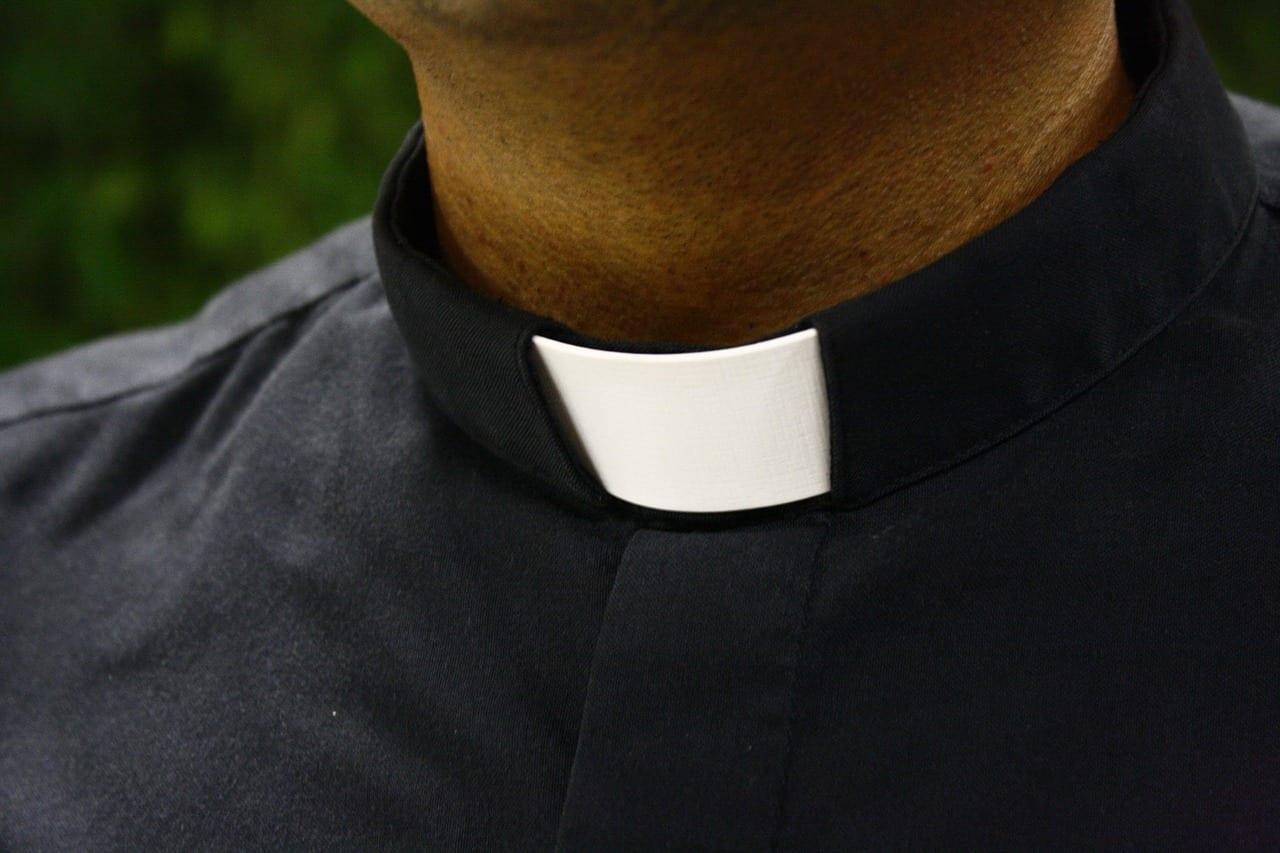Seven months after the close of one of the highest-profile criminal cases involving the Catholic Church in Peru, a prosecution lawyer has published a book accusing the defendant and his legal team of using media to spin the facts of the case and sway public and judicial opinion.
Though the journalist at the center of the controversy told Crux he hasn’t read the new book in its entirety, from what he has seen he dismissed it as “the same lies…twisting the truth without an iota of blush.”
Titled The Case of Pedro Salinas, the book was published in Spanish Oct. 28 and penned by Percy Garcia Cavero, who represented Archbishop Jose Antonio Eguren Anselmi of Piura in a defamation case the archbishop brought against journalist Pedro Salinas last year. (In the Peruvian system, certain kinds of criminal cases can be initiated and withdrawn by private complaints, rather than requiring a public prosecutor to bring the charge.)
Though Salinas was found guilty in what was perceived by some as an unusually speedy process, Eguren Anselmi later retracted the complaint after backlash from the Peruvian bishops’ conference and free press watchdog groups.
RELATED: Prelate withdraws charge against journalist amid Church, media backlash
Eguren Anselmi also retracted a separate defamation complaint against another Peruvian journalist, Paola Ugaz, who in 2015 co-authored the book Half Monks, Half Soldiers, with Salinas detailing sexual, psychological and physical abuse inside the Sodalitium Christianae Vitae (SCV), a group of consecrated men to which Eguren Anselmi belongs.
RELATED: Peruvian archbishop drops criminal complaint against second journalist
The group was founded in Peru in the 1970s by layman Luis Fernando Figari, who has since been accused of physical, psychological and sexual abuses and was prohibited by the Vatican in 2017 of having further contact with the group’s members.
Though Salinas’s case is technically over, his battle to clear his name is ongoing. Garcia Cavero’s book is the latest episode in what has been a years-long battle between Salinas and the SCV, to which Salinas himself briefly belonged in the 1980s.
In comments to Crux, Garcia Cavero said that as a university professor of criminal law, he wrote the book as a study on “the excesses in the use of freedom of expression by journalists (and) how information managed in public opinion can distort reality and exert undue media pressure on judges.”
“Mr. Salinas and his defense said in the media so many affirmations contrary to the truth that the book is an opportunity of balancing information and, thus, the general public can, by itself, conclude how the events actually happened,” he said.
Garcia Cavero said the key questions the book raises are the limits of freedom of expression and opinion, and whether disinformation in the media can sway a judge’s verdict.
A primary point of the book, Garcia Cavero said, is to provide information about the legal process in the Salinas-Eguren case “that was omitted or that, as it also happened, was intentionally altered to give a wrong idea to public opinion about what really happened.”
Garcia Cavero, based on his experience in criminal law, voiced belief in Salinas’s guilt, saying, “I have no doubt that he defamed, and neither did the judge who convicted him of defamation.”
He praised Eguren Aneslmi for opting to retract his complaint after the Peruvian bishops’ conference released a statement supporting Salinas and implying that Pope Francis did too.
RELATED: Peru bishops rebuke one of their own, back journalist convicted of defamation
“I admire that (Eguren Anselmi) decided not to continue defending his honor in order to maintain unity in the Peruvian Episcopal Conference. One must have a great love for the ecclesial institution to let their good name be trampled without proof,” Garcia Cavero said.
Garcia Cavero presented the book in Lima Nov. 6, and he will be hosting several other presentations in different cities throughout Peru over the next few months.
The case also created waves among free press watchdog groups, many of whom voiced concern that the Salinas-Eguren case, and the fact that in Peru defamation cases are tried in criminal court, was an assault on freedom of expression.
RELATED: Free press watchdog calls Peru prelate’s charges ‘really concerning’
In comments to Crux, Salinas insisted that since mid-2018 he and Ugaz have endured “a disturbing and sustained campaign of discredit through judicial complaints, threatening notarial letters, blogs that defame with impunity and now a book has just been published.”
Salinas said the protagonists “behind each one of the notarial letters, infamous blogs and Catholic news agencies that bounce the attacks against us” are in some way linked to the SCV, including Garcia Cavero.
“For unmasking the wolves and giving voice to the victims, they want to anger us,” he said, referring to the SCV.
Salinas argued that had it not been for the independent press in Peru, none of the scandals involving the SCV would have been revealed.
“However, instead of reacting by asking forgiveness of the victims and trying to make reparations with them through acts and gestures of justice, the response of the SCV is to use third parties to intentionally create a false perception of us,” he said.
Pointing to Garcia Cavero’s book, Salinas said its publication “only denotes that the SCV has not changed. Neither in its essence nor in its methods. I don’t know what the Vatican and Pope Francis are waiting for to dissolve them.”
Follow Elise Harris on Twitter: @eharris_it
Crux is dedicated to smart, wired and independent reporting on the Vatican and worldwide Catholic Church. That kind of reporting doesn’t come cheap, and we need your support. You can help Crux by giving a small amount monthly, or with a onetime gift. Please remember, Crux is a for-profit organization, so contributions are not tax-deductible.












